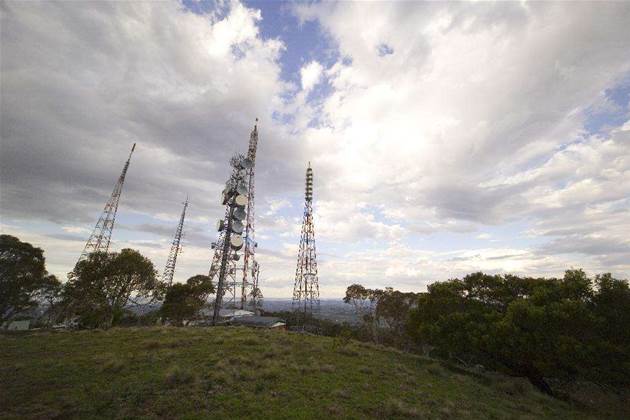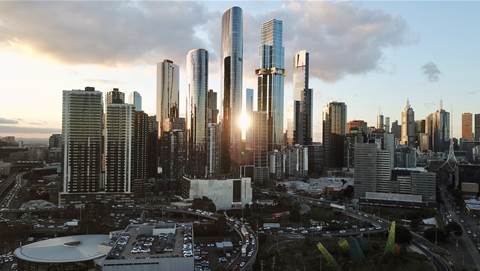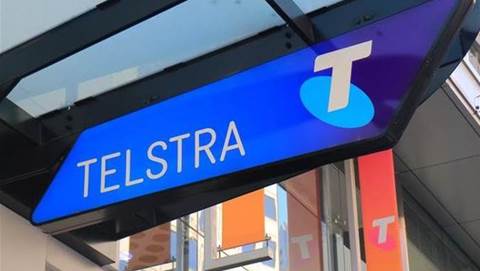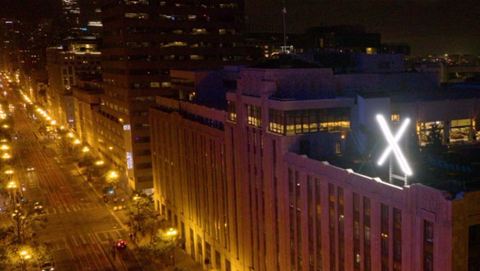A government program to fix mobile blackspots will miss its spending targets by $40 million this financial year, according to communications department officials.

Questioning by Labor senator Anne Urquhart at senate estimates last week led to a confirmation by the department that only $57 million of a budgeted $96 million will be spent.
The revised $57 million spend figure is contained in federal budget documents published last week.
Acting assistant secretary Philip Smurthwaite attributed the underspend to the ongoing impact of Covid restrictions on deployment staff, and the “significant number of floods".
Smurthwaite said the $40 million underspend was moved to the 2022-2023 budget, which allocates $115 million to the Black Spot program, with two exceptions.
“There was $4.37 million reallocated to stage 2 of the mobile network hardening program, and then a further $10.8 million has been reallocated to the peri-urban mobile program," he said.
Urquhart also examined the government’s 2019 election promise that 1 million square kilometres of regional mobile black spots would be eliminated by 2025.
That, Smurthwaite explained, included many programs in addition to the mobile black spots program, which has delivered improved coverage to 414,000 square kilometres.
“We [also] have mobile outcomes that are related to the regional connectivity program, the West Coast Tasmania project, the Central Coast mobile coverage on trains and wi-fi, Norfolk Island, Cocos Island and some work up in the Torres Strait as well," he said.
"We have a total delivery of 642,490 square kilometres of new mobile coverage against that 1 million square kilometres."
The department was also unable to rule out a further underspend occurring in 2022-2023.
Smurthwaite told the hearing that $36.3 million has currently been committed, though how much gets spent will, in the end, depend on the kinds of projects put forward by bidders.
“For example, if you put a substantial proportion of that funding towards some neutral host solutions on highways, they do tend to be more expensive—they are bigger projects—and you would have more confidence that you would get the money out,” he said.
“If you put in funding towards place based solutions in very topographically difficult areas or areas where there's generally council resistance, it can be difficult to spend the money.”
Urquhart asked about the progress of the department’s neutral hosts trial, which is testing a radio access network that can be shared between telcos.
The trial covers seven sites, and construction is due to be completed in June, though no towers have yet been built.


















.png&h=141&w=208&c=1&s=1)

